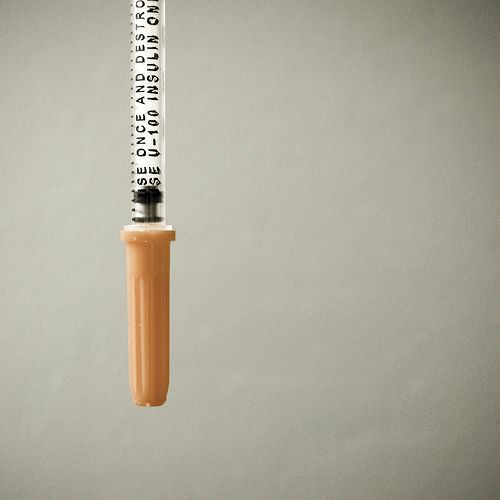Diabetes Vaccine Breakthrough: Finnish Doctors Discover Virus That Causes Disease, Pinpoint 5 Strains For Vaccine Production

A group of Finnish doctors claim to have pinpointed the exact virus that causes type 1 diabetes, implicating five different strains of an enterovirus, specifically, that attack a person’s pancreas and shut down insulin-producing cells, inducing diabetes.
After looking at more than 100 strains, scientists working out of Tampere University say they have sufficient information to start producing a workable vaccine, although funding currently stands as the team’s greatest hurdle.
”We have identified one virus type that carries the biggest risk,” said Professor Heikki Hyöty. "A vaccine could also protect against its close relatives, to give the best possible effect.”
Professor Hyöty has been working with University colleagues for over a decade to establish the root causes of type 1 diabetes. As it only accounts for five percent of cases, the disease’s variant affects 17 million people around the world, occurring most often during childhood and adolescence. Type 1 differs from type 2 diabetes in that a person with type 1 diabetes doesn’t produce insulin at all, while a person with type 2 doesn’t respond properly to insulin, and/or not insulin gets produced.
A prototype diabetes vaccine has already been produced and has demonstrated success in mice thus far, Hyöty says. The next step must involve human trials. However, the team estimates that running the necessary clinical trials will cost upwards of €700 million ($957 million), a cost the University says that, even with U.S. and European funding, it cannot cover.
”Money is the biggest obstacle to testing in humans at the moment,” said Hyöty. ”The matter is of international interest, and people are interested in us. I’m optimistic that the funding will come.”
In June, a vaccine surfaced that experts believed could slow or stop the disease’s progression in younger patients. Utilizing something of a backwards treatment method, the “reverse vaccine” demonstrated in early tests an ability to forestall some of the disease’s immune system shutdowns. Cells that harm the pancreas run rampant in the disease’s presence, and the new vaccine showed effectiveness at controlling those cells.
According to Reuters, California-based biotech Tolerion has purchased a license to the vaccine and is in the process of designing a longer study, involving as many as 200 patients for tests of efficacy.
Type 1 begins when a person’s immune system becomes hyperactive and begins attacking the pancreas’ beta cells. Sugar floods the bloodstream and impairs function in blood vessels and damages nerves and major organs, such as the kidney and heart. No cure yet exists for either type 1 or type 2 diabetes.



























